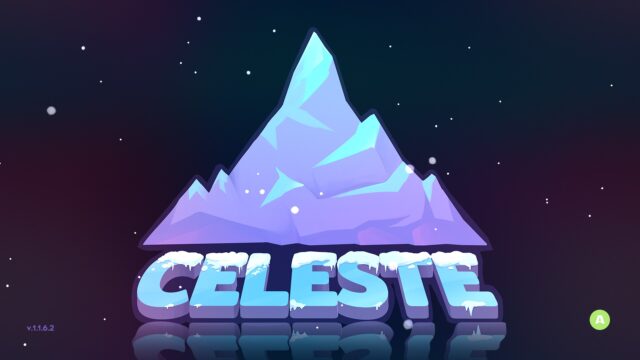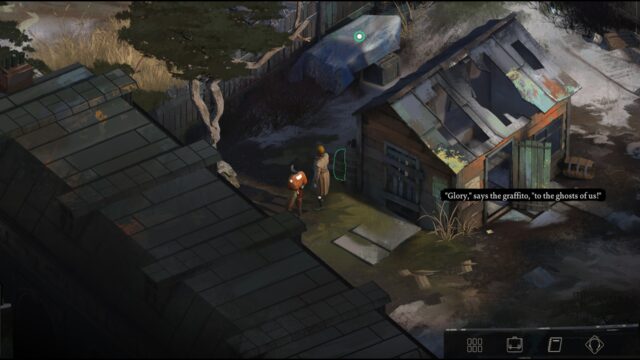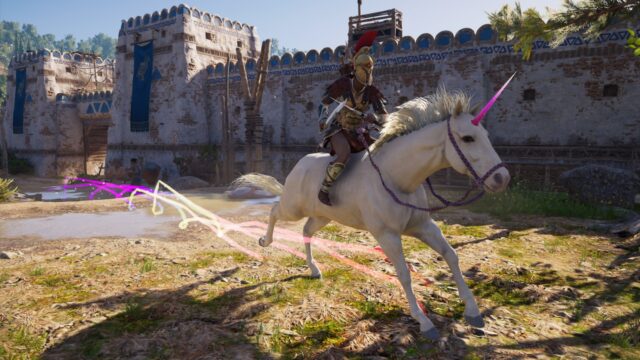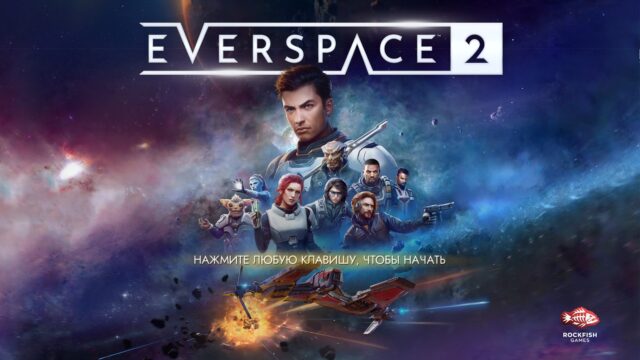Transistor Review
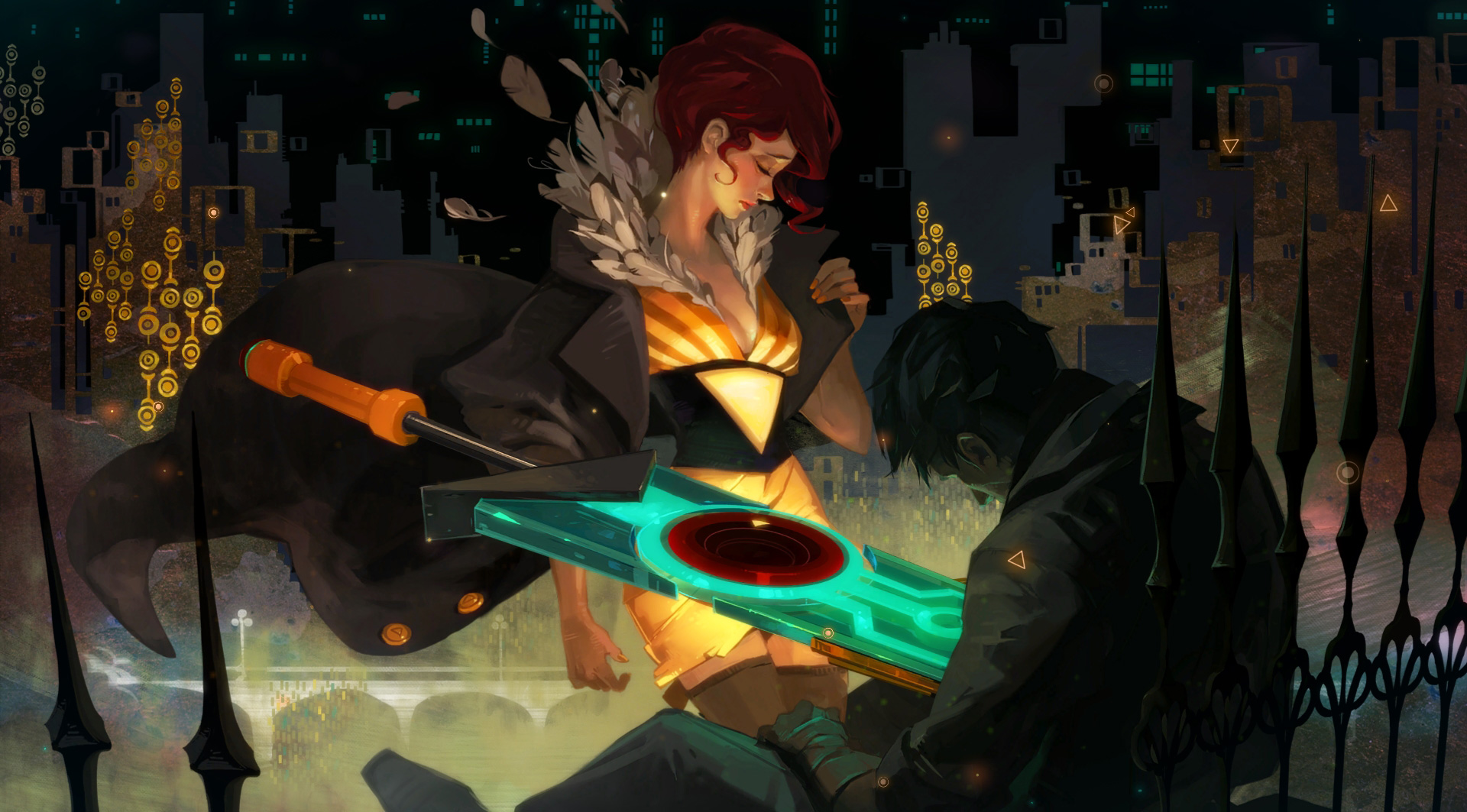
“Cloud Bank – a dream come true. The perfect city where any whim of the people is fulfilled through advanced technology. An exemplary democratic model that determines the direction of uninterrupted development of the metropolis. Here, there will never be bad weather and another shopping center will not be built unless society wants it. However, society itself will never be here anymore. Something irreversible happened. But what exactly?
With these and many other questions, the main heroine of Transistor is also puzzled, for whom everything that is happening is no less obscure. In one moment, Red is a successful singer, the object of adoration of the crowd and the main talent of the entire Cloud Bank. Moments later, she is already leaning over the lifeless body of her savior, pierced by a sword. An assassination attempt. It should have been her in his place. But why?
“We can’t just let this go, can we?” interrupts the silence the Transistor, the very sword in the chest of the nameless hero. They are clearly familiar with Red, but the answer is not destined to be heard: by saving her life, the girl loses no less value – her voice. Thus, the blade becomes our faithful companion and the only narrator throughout the game.”
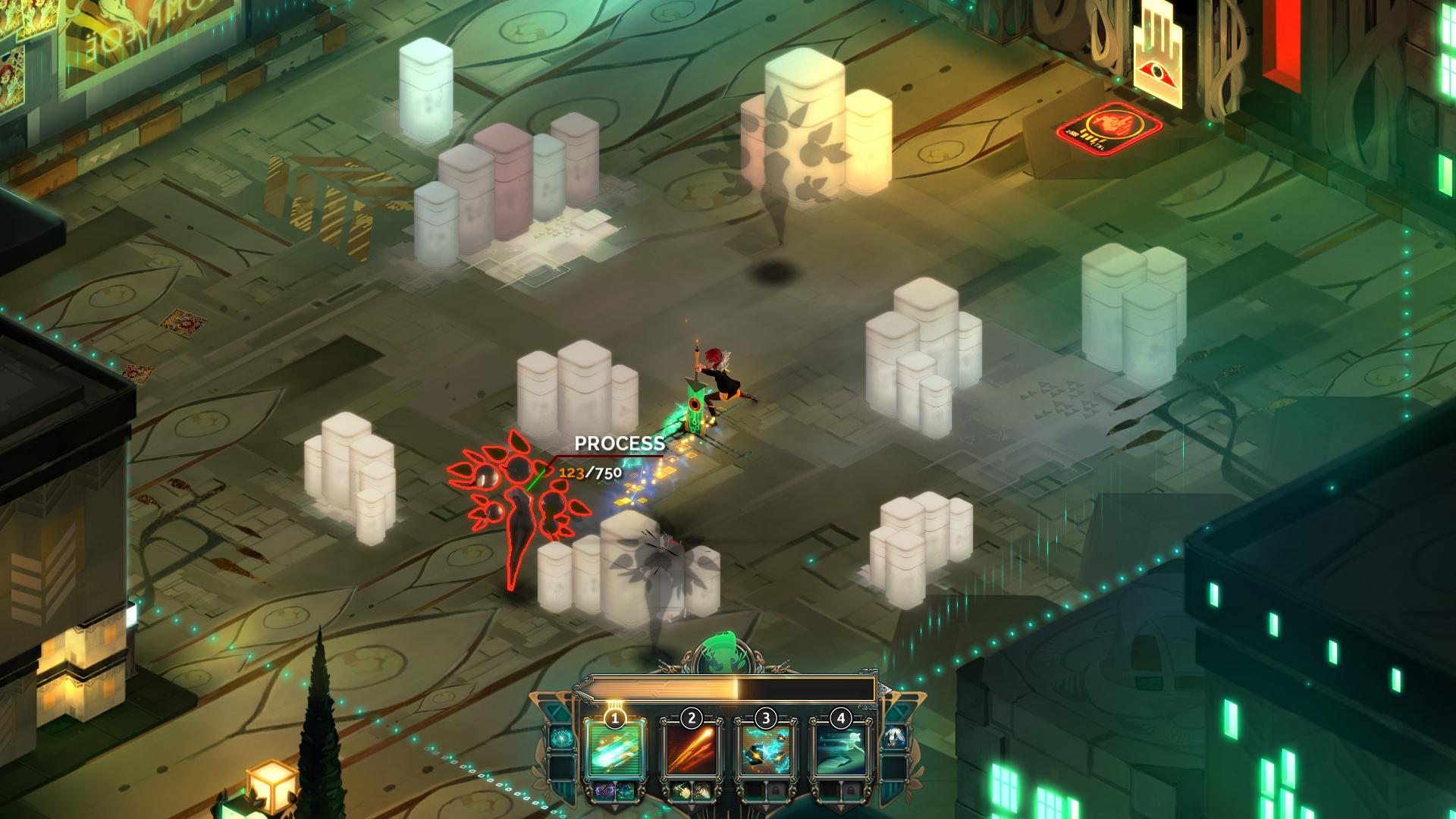
The situation is exacerbated by the attack of the Process – aggressive robotic creatures of unknown origin. To shed light on the unfolding chaos, we will have to guide a fragile heroine through the beautiful streets of Cloudbank and inevitably test one of the most interesting combat systems of the past year.
To an outside observer, it may seem that little has changed in terms of gameplay since Bastion, the previous project of the same studio. Yes, it is still an isometric RPG with a bunch of abilities and… that’s it. Transistor immediately reveals a completely different approach to battles and shows them from a much more intriguing perspective.
First and foremost, the change in pace of the game is noticeable. Skirmishes with numerous enemies now resemble carefully crafted tactical puzzles rather than the hack-and-slash style of Diablo. An essential element becomes the tactical pause, where clever combo attacks are planned and the wounded posterior is quickly taken away. Although this mode requires recharging after use, without it, you are unlikely to get far.
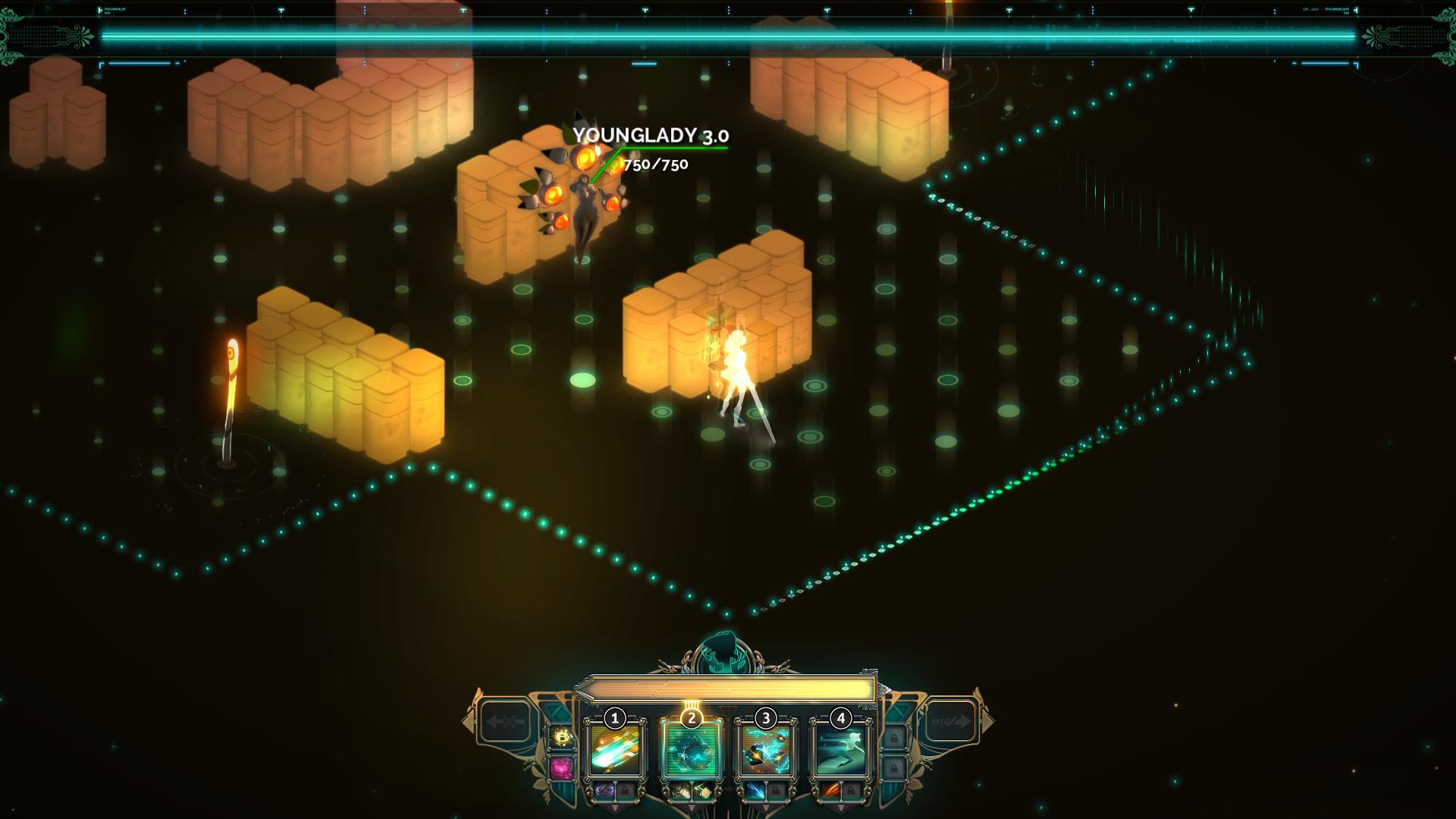
But the most interesting aspect here is the combat skills. Instead of the traditional heap of hundreds of skills, the game offers only sixteen universal “functions” that the player combines at their discretion. Any move can be used as one of the four main attacks, attached as an additional effect to any other skill, or left as a “passive”, providing a general boost to characteristics. Combinations can be very different – imagination is limited only by the limit on the total energy expenditure.
And so that you don’t relax, these same functions play the role of additional lives. Once the life bar is depleted, the most powerful ability “burns out”, giving a chance to finally emerge as the winner of the battle, but at the same time complicating the rules. Access to it, of course, will return when visiting a checkpoint, but in battle, it is better not to rely on a single skill.
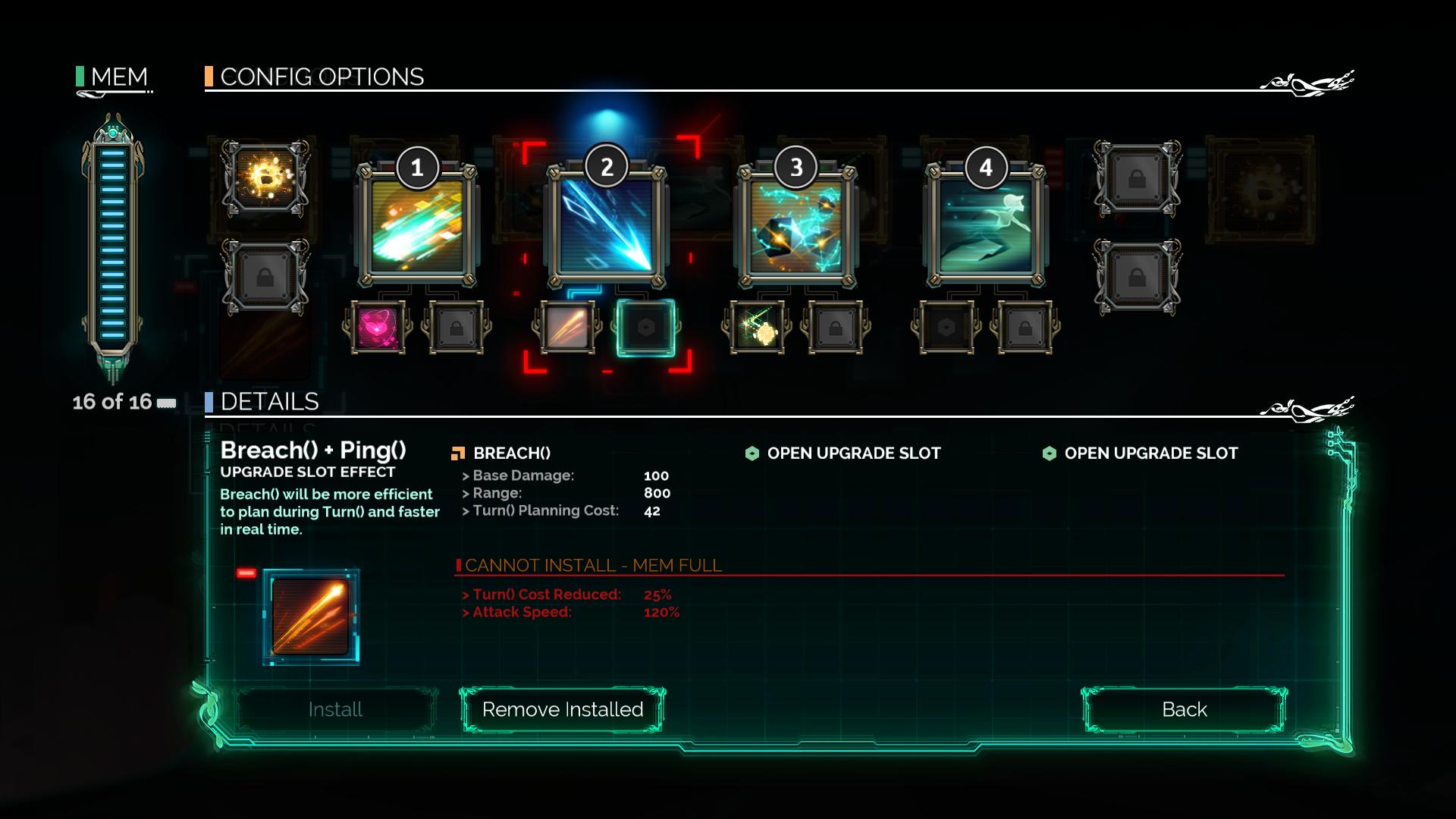
The desire for experiments is also justified by the fact that the Process is not just an impersonal mass of red-eyed machines. Their ranks are constantly replenished with new varieties, each with its own characteristics: for example, weeds do not move from their place and only attack in close proximity, but they heal allies well, which complicates battles with Seekers, who are agile enough to escape in time. Such nuances, if not radically change the tactics used, at least force one to take into account the potential of one or another opponent. There are not an insane number of variations, but this is compensated by the regular “upgrade” of old types.
In practice, all of the above works just great. Mixing abilities and trying out new layouts doesn’t get boring even when determining the perfect configuration for your needs. You still want to see what will happen if you combine enchanting projectiles into one bundle with a jerk and a ricochet, and then turn everything upside down – and go into battle again. Since there is no skill leveling in the game, absolutely any set is potentially effective and interesting. This concept is somewhat reminiscent of card games, and it’s not surprising: the authors do not hide that they were inspired by the model of Magic: The Gathering.
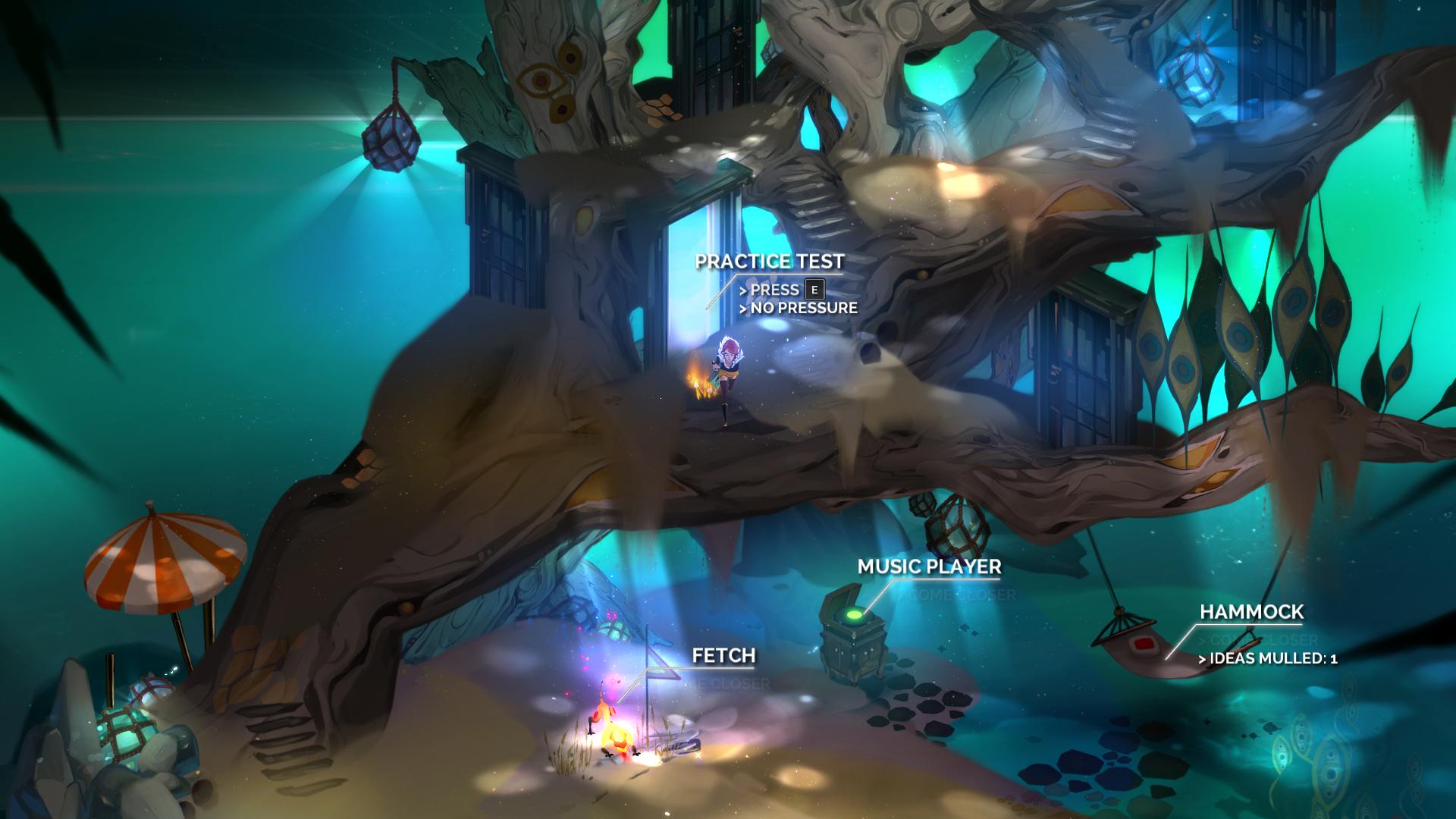
From time to time, Red will visit a small island where he can relax, listen to music, or test himself in training battles.
In addition to its outstanding gameplay, Transistor also looks stunning. The original cyberpunk style is pleasing to the eye in static images and mesmerizing in motion. The melancholic flickering neon signs, the smooth movements of Red, the slowly settling snow, and the digital trail of Transistor dragging on the floor – it’s a spectacle that you can’t tear your eyes away from. Elements of art deco and prominent references to Gustav Klimt’s work will bring special pleasure to knowledgeable aesthetes.
The soundtrack takes on the task of maintaining the magic of the game world. Darren Korb has already distinguished himself with his work on Bastion, but the current musical accompaniment truly takes center stage. Sometimes you don’t even want to leave a location prematurely – especially if you discover in time that Red can sing along to the compositions with the press of a button.
Strangely enough, it is incredibly difficult to find fault with Transistor. Yes, it has a catastrophically convoluted plot, for which users have written numerous guides on Steam to explain. Yes, it can feel empty, offering only notes to read and environments to gaze at outside of battles. Yes, many combat situations could have been diversified and personalized. And dying here is also very difficult, so the challenge is not that great. Guilty, guilty on all counts. But is it necessary to highlight the flaws against such a beautiful backdrop?
Transistor is a true, proper indie project. While early access games with ugly stylization and questionable mechanics flood us from Steam Greenlight, Supergiant Games has truly made an effort to create something interesting, unusual, and beautiful. Even if Bastion didn’t appeal to you at the time, Red’s story is highly recommended for exploration.
Share
Discuss
More Reviews
